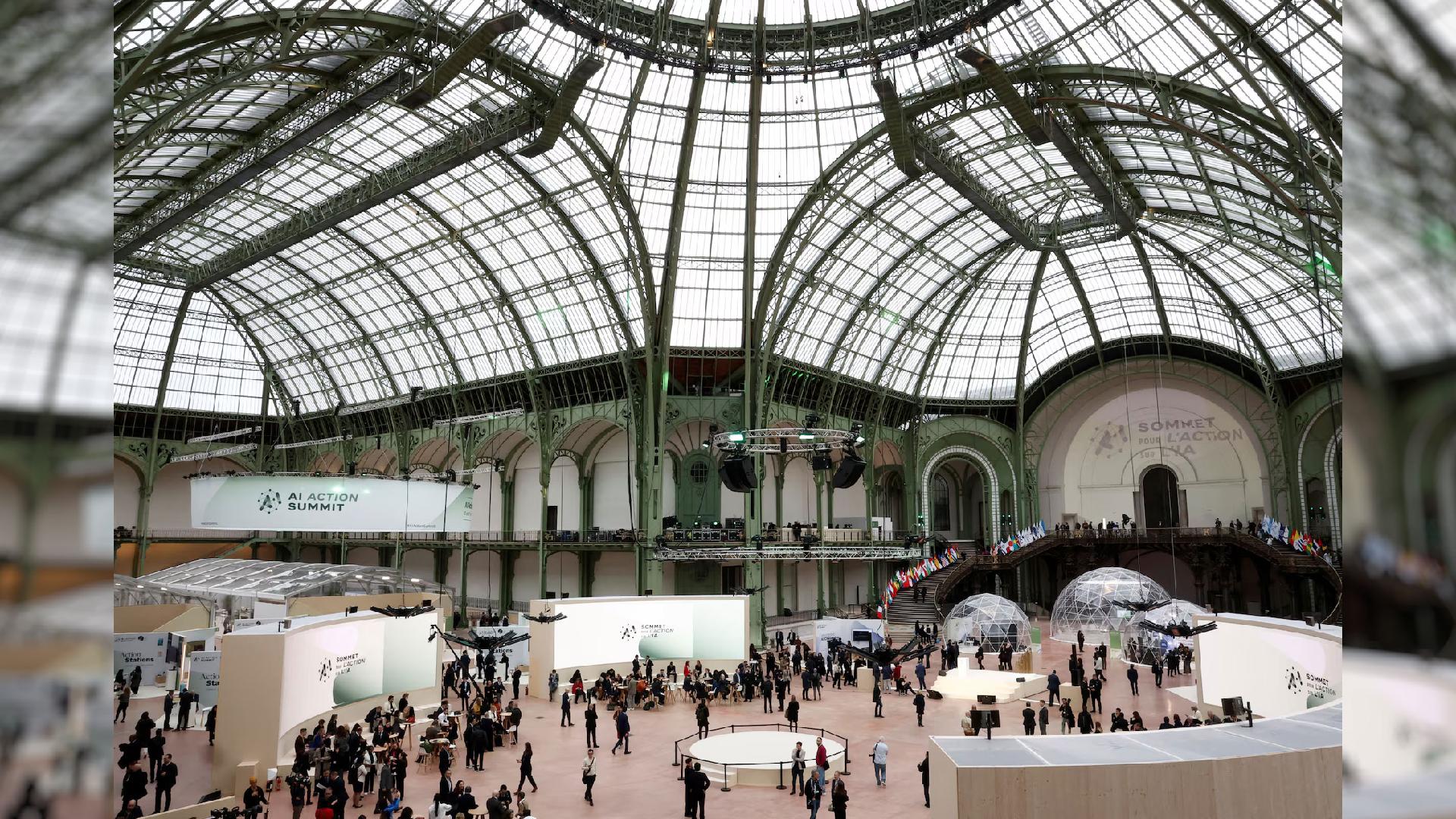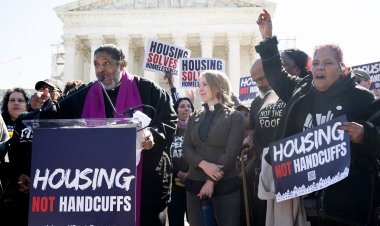Tech CEOs and global leaders meet in Paris for AI summit
Global leaders and technology CEOs convene in Paris for an AI summit.

The discussions focused on striking a balance between fostering innovation and ensuring responsible AI development. While prior summits primarily highlighted the risks associated with AI, this event marked a shift towards encouraging growth and investment in the sector.
A new global partnership called "Current AI" was introduced, with an initial funding commitment of $400 million aimed at supporting AI projects that serve the public interest. Additionally, France is poised to announce significant private-sector AI investments exceeding 100 billion euros.
These efforts reflect a growing recognition of AI's potential and the competitive dynamics that are shaping its development.
Connections Between Geopolitical Dynamics and AI Development
The summit also emphasized the geopolitical aspects of AI, with the presence of high-ranking officials such as U.S. Vice President JD Vance and Chinese Vice Premier Zhang Guoqing, showcasing the increasing competition in this field.
Discussions addressed the necessity for international collaboration while also acknowledging that AI could intensify existing power struggles. India co-hosting the summit with France highlights a desire to involve a broader spectrum of global participants in AI development, which may help balance the influence of the U.S. and China.
In addition to the AI-specific agenda, the summit facilitated broader diplomatic interactions, giving high-ranking officials a platform for bilateral meetings.
Regulatory Issues Take Center Stage
The question of how much regulation AI requires remained a central theme at the summit.
Tech companies and certain world leaders, including French President Emmanuel Macron, advocated for a lighter regulatory approach to prevent hindering innovation. OpenAI CEO Sam Altman echoed this sentiment, emphasizing the importance of allowing innovators to flourish. Macron recognized the risks of both insufficient and excessive regulation, underscoring the necessity for a balanced approach.
This advocacy for a flexible regulatory environment stands in contrast to the EU's recently approved AI Act, the first comprehensive regulatory framework for AI globally, which some industry stakeholders are seeking to amend.
On the other hand, various experts and labor leaders expressed apprehensions regarding the societal impacts of AI, particularly concerning job displacement and the importance of worker protections. They pointed out the significant differences between regulatory approaches in the U.S. and the EU, cautioning against weakening existing safeguards.
James del Carmen for TROIB News
Discover more Science and Technology news updates in TROIB Sci-Tech












